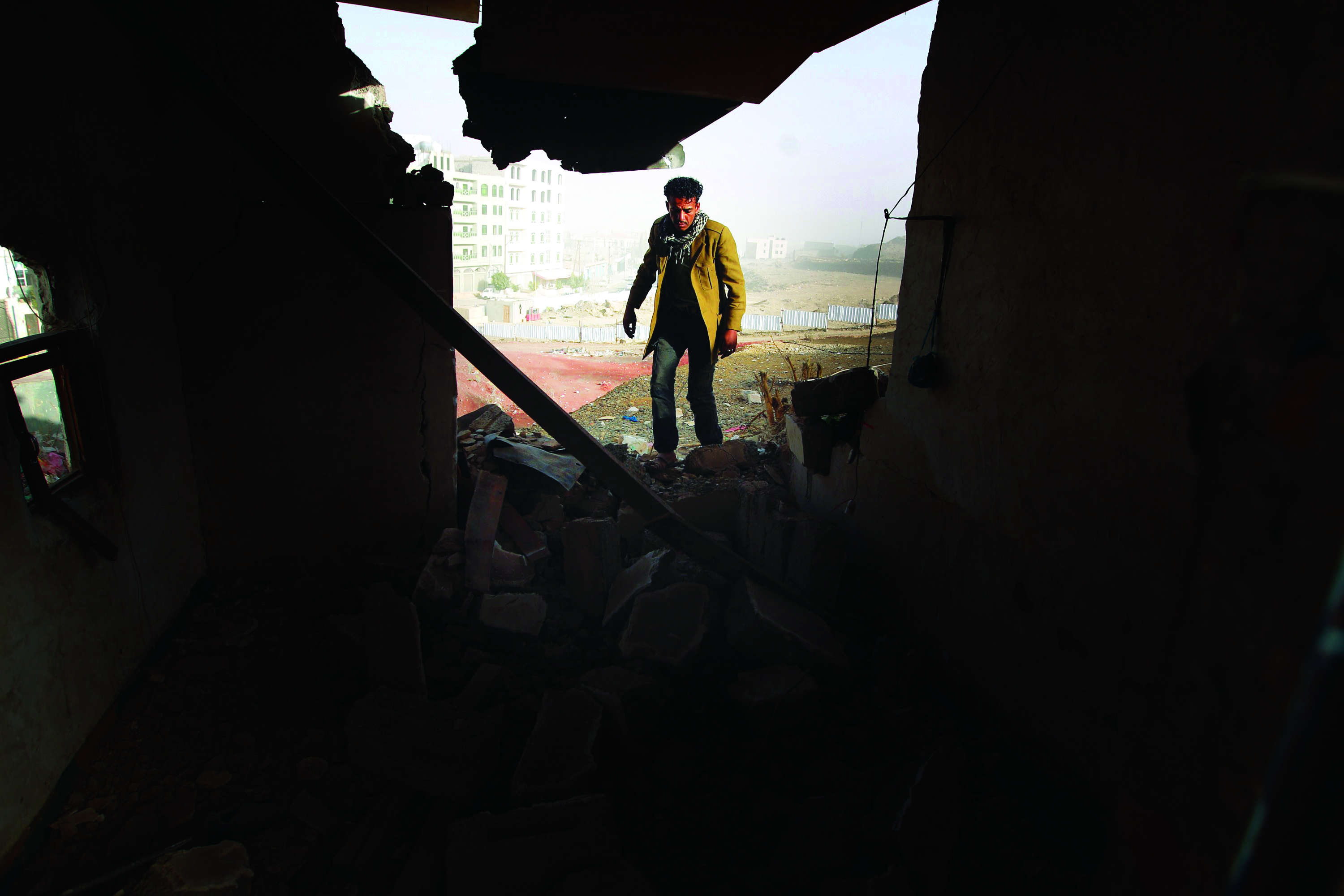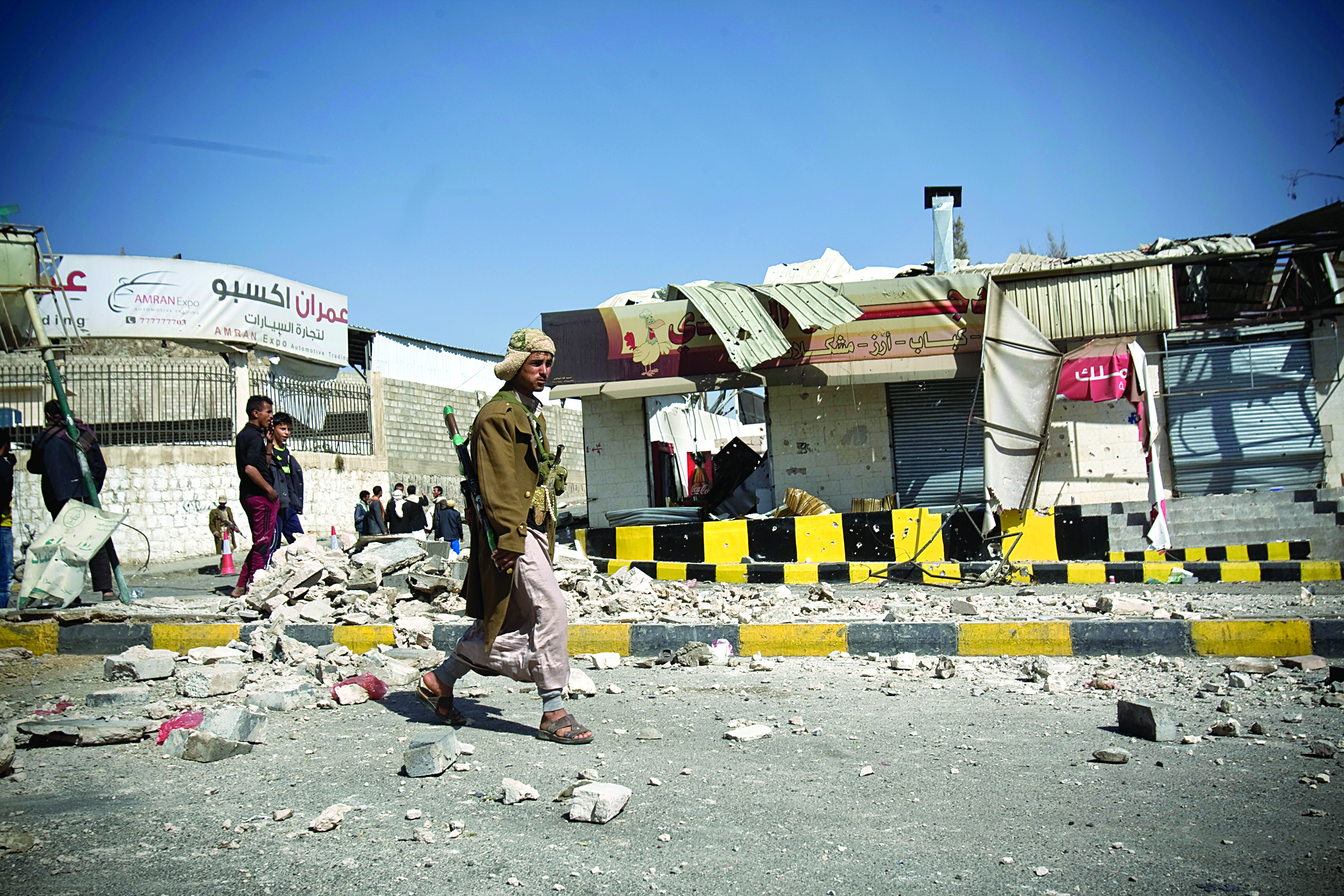Rebels Shell Yemen President’s Home, Take Over Palace


Shiite rebels shelled the residence of Yemen’s leader and swept into the nearby presidential palace Tuesday in what a top army commander said was an unfolding coup.
President Abed Rabbo Mansour Hadi — an important U.S. ally in the fight against the highly lethal Yemeni branch of al-Qaida that claimed responsibility for the newspaper-office attack in Paris — was unharmed, authorities said. But his grip on power appeared increasingly precarious.
The rebels, known as Houthis, took over the capital Sanaa in September as part of a long power struggle with Hadi; they effectively govern several other cities as well.
It was unclear whether they intend to seize power altogether or allow the internationally backed president to remain in office.
In a lengthy speech aired by the group’s media network, rebel leader Abdel-Malek al-Houthi said that “all options are open” and that the escalation “has no ceiling” if Hadi does not speed up implementation of a U.N.-brokered peace deal.
That deal would grant the Houthis greater power over a commission that has been assigned to draft a new constitution and outline a new federal system. Critics of the Houthis say they are using the U.N. deal as a pretext to seize more power.
In Washington, U.S. officials said the rebel violence is undermining American military and intelligence operations against the al-Qaida branch, which claimed to have carried out the deadly attack on Charlie Hebdo earlier this month.
Washington has long viewed the Yemeni branch, known as Al-Qaida in the Arabian Peninsula, as the global terror network’s most dangerous affiliate.
On Tuesday, after an emergency meeting, the U.N. Security Council called for a lasting cease-fire and condemned the violence. In a statement approved by all 15 members, the council asserted that Hadi “is the legitimate authority.”
The Houthis appear determined to redraw a 2012 road map backed by Arab Gulf states and the West that compelled then-President Ali Abdullah Saleh to step down following months of protests against his three-decade rule.
The Houthis’ expansion into Sunni-dominated areas of the country threatens to inject sectarianism into what until now has been mainly a struggle for power. Al-Qaida, which is at war with the Houthis and Hadi’s forces, stands to benefit.
This article appeared in print on page 11 of edition of Hamodia.
To Read The Full Story
Are you already a subscriber?
Click "Sign In" to log in!

Become a Web Subscriber
Click “Subscribe” below to begin the process of becoming a new subscriber.

Become a Print + Web Subscriber
Click “Subscribe” below to begin the process of becoming a new subscriber.

Renew Print + Web Subscription
Click “Renew Subscription” below to begin the process of renewing your subscription.





